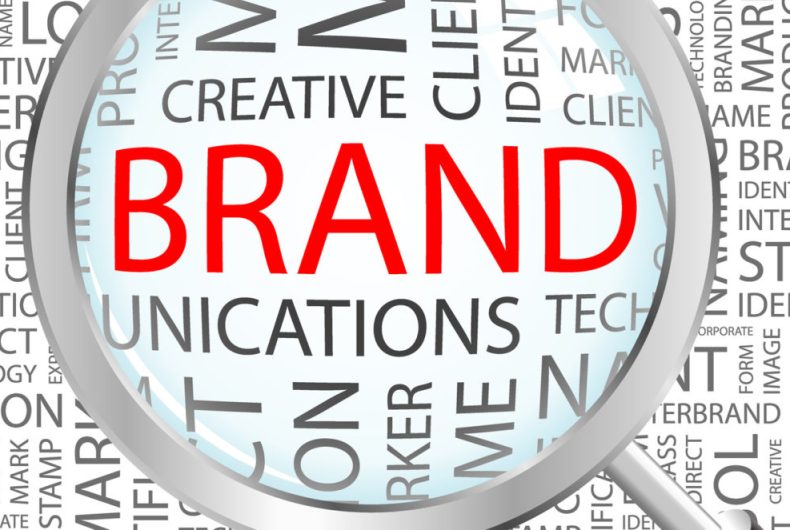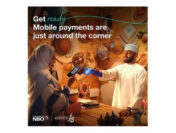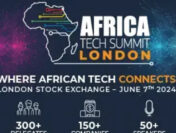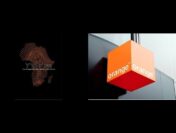 Dreams of today are going to be the reality of tomorrow. This quote from du’s ever inspirational CEO Osman Sultan set the tone for Step 2017. This was my fourth year at the Step Conference and I have seen it evolve from a niche messy event in Al Serkal to a professionally run format. All credit to Ray Dargham and his team who have indeed converted a dream into reality. Step has come a long way and is now a full-fledged media company which was in the news recently having raised USD 2 million VC funding to fuel its ambitions.
Dreams of today are going to be the reality of tomorrow. This quote from du’s ever inspirational CEO Osman Sultan set the tone for Step 2017. This was my fourth year at the Step Conference and I have seen it evolve from a niche messy event in Al Serkal to a professionally run format. All credit to Ray Dargham and his team who have indeed converted a dream into reality. Step has come a long way and is now a full-fledged media company which was in the news recently having raised USD 2 million VC funding to fuel its ambitions.
This year the tracks were split into the main stage focusing with latest technology trends and topics and the secondary stage, orchestrated by Digital Media Services (DMS), focusing on digital marketing and content.
As expected, it was the burning topics of ad fraud and brand safety that took centre stage at the DMS stage. These issues which are specifically associated with programmatic advertising and the murky supply chain have become a hot topic of conversation globally ever since Mark Pritchard’s famous speech at the IAB and the subsequent boycott of YouTube by many big advertisers in UK and the US among other markets.
The talks on day one of the event highlighted these issues in the regional context with representatives from PepsiCo and L’Oreal raising concerns about viewability. Panel experts shared data which suggested that in the region, only about 52 percent ads are viewed which is worrying for advertisers. There is lack of industry consensus on how it should be defined with no clear standards been set yet. There’s increasing pressure on media agencies, platforms and publishers and places greater responsibility on them to ensure every impression is duly monitored, verified and measured through industry approved third-parties. And this is where companies such as Moat come in, who specialize in third-party verification.
There is also a larger discussion on the role of each entity in the programmatic supply chain. Day one also put the spotlight on the role of media and creative agencies in the battle for supremacy in programmatic advertising landscape. Evidently, though it is the media agencies who own the budget and the supply chain, it is important not to disregard the role of creative agencies. As most parties in the panel agreed, collaboration is key to any successful programmatic campaign. While media agencies are tasked with driving efficiencies and precision targeting, it is the creative agencies that will ensure the messaging is fresh and relevant to the consumer.
No discussion of online content at the moment can evade another trending topic of ‘fake news’. In a panel titled ‘Fact Check – Reporting in a post-truth world’, representatives from AJ+, BBC and BuzzFeed engaged in a provocative discussion around this malaise and ways to address it.
With the democratization of news channels and decentralization of reporting, this has not been a growing trend but recently a huge topic of conversation, post the US Presidential Elections. Panelists suggested it is symptomatic of a general lack of people’s trust in institutions. Also, thanks to social media, there seems to a general tendency to bring down the establishment and the experts. Social media platforms such as Facebook need to do more to curb this problem. At the same time, people need to be educated to ensure they can apply objectivity to look beyond filter bubbles and their own bias. Lines are clearly blurred as to who owns the news consumer – platforms or publishers.




